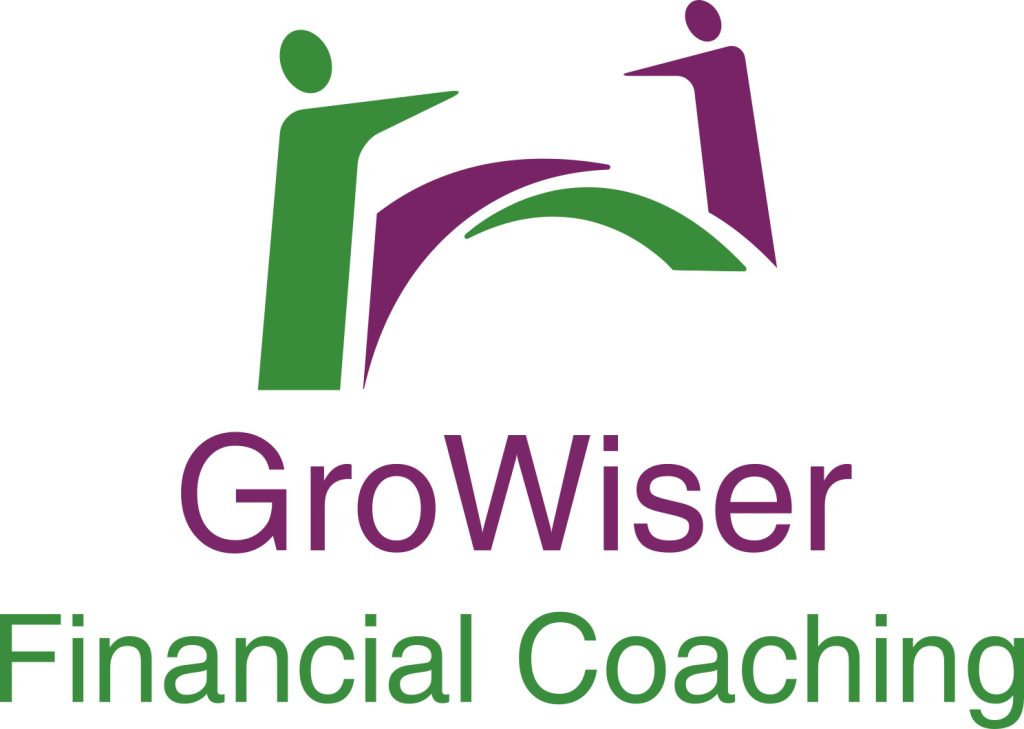
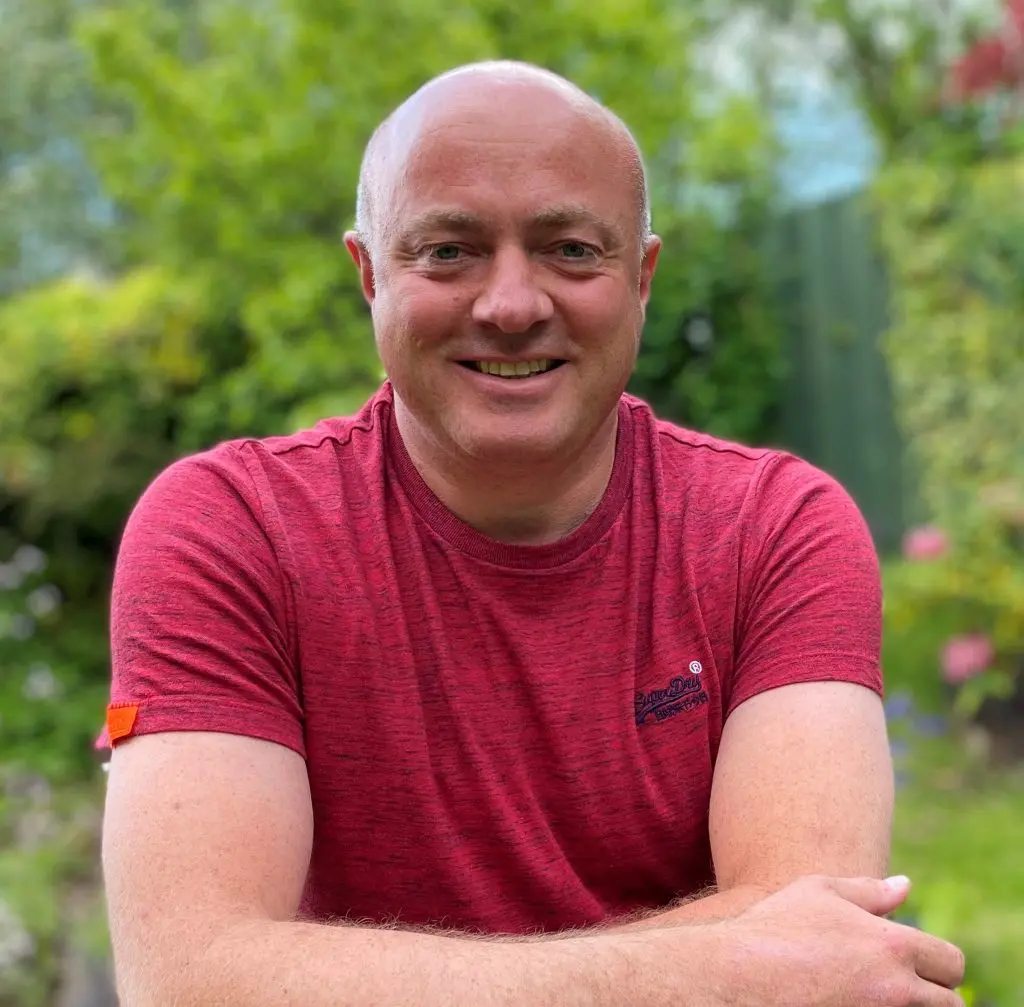
Graham Wells is a financial coach and the founder of GroWiser. He started his career in the ‘regulated advice’ part of the financial sector, but then moved away from the sale of financial products and into coaching. In that role he helps people to develop the beliefs and behaviours that will enable them to build a better financial future.
In essence, what is financial coaching?
It’s not somebody telling you what to do with your money.
It’s all about behavioural change, and recognising emotions and thought patterns that don’t serve us well. The key thing is the concept of empowerment, and working in a way that’s non–judgmental. I think that often when people seek support, they’re fearful that they will not be knowledgeable enough, or that they’ll come across as being stupid. But working with a financial coach is an absolutely non–judgmental process. It’s about empowerment of the individual, not about bamboozling people with technical jargon or telling people what they’ve done wrong and what they should do differently in the future.
How did you first get involved in financial services?
When I left school, aged 17, I had no idea what I wanted to do, so I got a job in the local bank until I decided what I wanted to do. I was still there 23 years later. During part of that time I trained as a financial advisor within the bank, including gaining the regulated Diploma in Financial Services, and I would advise customers on investments, pensions and insurance, that type of thing.
This is going back more than 20 years ago now. The financial services industry was still really quite sales–orientated. I stayed in that environment for about six years, and then realised, ‘There’s something just not suited to me here, there’s something not right about this’. So I moved into training.
I spent several years training financial advisors, and also learning about how people learn – the ‘wider’ part of learning and development – which I found really fascinating. Eventually I found myself in a supervisory role: I would accompany wealth managers when they went out to see clients. So that gave me exposure to a wide range of different types of advisor and different types of clients.
The combination of that experience as an advisor, a trainer and a supervisor really gave me a deep understanding of how limited the whole financial services sector is. What I mean by that is that less than 10% of the population have a financial advisor, and it tends to be only the wealthiest 10%. Also, it often creates a situation where clients become dependent on their advisor to tell them what to do and how to look after their money.
I learned that while it can be good to give people knowledge, the other half of the battle is application of that knowledge and how people change their behaviours and their habits.
And that’s what led me to think: ‘Wouldn’t it be nice if I could blend learning and development somehow with technical financial knowledge, to actually help people who need it the most?’ So about eight years ago I trained as a financial coach. At that time, to my knowledge, there was only one other financial coach in the whole of the UK, based down in Brighton. Since then it’s accelerated at quite some pace.
“Working with a financial coach is an absolutely non–judgmental process. It’s about empowerment of the individual.”
What are the main things that financial coaching covers?
I focus on both the day–to–day practicalities of money and also the emotions that people have around their money, and the behaviours that that leads to.
The practicalities of money might just be the basics, like setting up an emergency fund and budgeting, and working out what’s important. What things give you most satisfaction in return for the money you spend on them? This helps people to develop better financial habits. Or it could be helping people to understand their pensions, for example, or learning how to invest money for the first time.
So that’s all quite practical. The other side is behavioural. Sometimes the real work here is not even to do with money: it’s helping people to recognise how they build new habits and new mindsets. This can also touch on the emotions of money. A lot of our financial habits and behaviours stem right back to childhood. There’s one study that says most of our financial attitudes are formed by age seven, so sometimes there can be quite a lot to unpack for people there. They may have beliefs like – you’ve heard some of the famous phrases – ‘money is the root of all evil’, or ‘money doesn’t grow on trees’, or ‘money makes the world go round’. These sort of belief patterns do not always serve people in the best way.
What inspires people to look for financial coaching?
More and more people are beginning to search for this type of help. Some clients that come directly to me haven’t heard of the term ‘financial coaching’, but they’re typing similar things into Google and finding me that way. The starting point is that they’re recognising that their financial behaviours are not serving them well.
Other people that get in touch with me are working with a financial advisor but something doesn’t feel quite right about it. They want to feel more empowered and more in control, or they maybe feel that they’re paying an awful lot in fees and they’re not quite sure what the value is that they’re getting from that.
“I learned that while it can be good to give people knowledge, the other half of the battle is application of that knowledge and how people change their behaviours and their habits.”
What sorts of things do you usually help those people with?
The key point there really is recognising that the coaching element is all about empowering individuals, and it’s very much forward looking. (I guess that fits well with the name ‘Future Pathways,’ doesn’t it?) The way in which I work is not about telling people what to do or advising them. So it lends itself well to the ethos of other partners that work with Future Pathways. We have a very supportive, empowering way of working but – importantly – it’s not therapy. It’s not looking backwards and trying to fix problems from the past. It’s very much about looking to the future, and I think that way of working resonated for certain people Future Pathways are working with.
A large part of it can actually just be day–to–day money management. To be honest, that’s probably something that most of the population would benefit from. It’s about understanding day–to–day budgeting. Most of the work happens outside of the sessions. I give people homework tasks, like listing their various sources of income and also listing where the money goes. That can be a real eye opener. Some people find that they actually had no idea how much they had coming in or going out.
And that exercise alone can be so illuminating: it’s enough to raise awareness and change behaviours, to make people feel motivated to improve things.
An awful lot of people that have built up pension benefits over the years are unaware of this – they just don’t know that it’s there. So that can be quite a source of reassurance just to know that something is there. For others it can be thinking about more effective ways to repay debt, and for others it can be just exploring a little bit more about where their thoughts and feelings come from around money, particularly if they are in the process for the Redress Scheme. The thought of receiving a large lump sum of money that they’re not used to can be really upsetting. So reassurance around how they might approach that decision making process.
There must be real emotional benefits for people after they’ve got more in control of their finances?
Absolutely, and I know this from personal experience. Even though I worked in the bank, nobody there taught me how to look after my money, so I was perpetually in debt right through my twenties. And the feeling of relief after finding a way out of that was quite remarkable. So imagine people in that position through their twenties, thirties and forties, and even into their fifties… the sense of relief and finding a way out of that is tremendous.
Graham’s 5-step approach for financial wellness
Savour your spending.
Be intentional with how you spend your time and money. Spend in line with your values and don’t forget your future self.
Protect the people around you.
Prepare for the unexpected and build peace of mind for you and your loved ones.
Eliminate your debt.
Find the most effective strategy for using and repaying debt. Know the difference between ‘good’ and ‘bad’ debt.
Nurture your wealth.
Realise that to be ‘wealthy’ is different to being ‘rich’ and includes looking after your whole life, not just your money.
Design your future.
Be intentional and create a plan for how you’d like to spend your time as you get older. Don’t leave it to others to define your life path.
Check out our other Meet the Partner interviews:
Centred
Working across the Highlands, Centred support people with their mental health, in their own homes and in the Recovery Centre in Inverness. Read more here.
Dan Ross
Discover how Dan Ross helps people to reframe their thinking and find new perspectives on challenges. Read more here.
Sarah Smith at Lightbulb
We chat to Sarah Smith, founder of lightbulb.coach, to discover more about how she helps people to build their confidence and self esteem. Read more here.
Cellfeld
Cellfield help people people to improve their reading skills and are one of our support providers. Read more here.
Book Whisperers
Find out more about The Book Whisperers, a community of people that helps writers of all kinds to self-publish their work. Read more here.
Our latest Quarterly Report is now available to view. It covers our work from July to September 2023. It shows what we’ve learnt, and includes key stats and feedback from those who access Future Pathways.
What happened in Q2
75 people registered with Future Pathways.
33 people started working with a Support Coordinator.
107 people accessed support from 43 Delivery Partners.
Who we worked with
The average age of people who registered with us was 47.
77% of people who register with us live in the Central Belt of Scotland.
Many people who register with us have a disability or a health condition that impacts their daily life and ability to access services
How people felt
Most of the feedback from people registered with us was positive.
Some people expressed appreciation for Future Pathways’ support and told us they felt heard.
People also shared that it is difficult when they cannot access swift and responsive support.
Delivery Partners shared feedback that they feel valued and supported by Future Pathways.
What people gained
People we support said that the most impactful support was accessing mental health support and being able to improve their homes.
Our Delivery Partners shared feedback that they learned about the needs and challenges of people we support by working with Future Pathways.
What changed for people
Anne shares what changes for her after accessing Future Pathways’ support.
“The cinema membership encouraged me to leave the flat and venture into town. When the cinema was quiet, I felt safe, like I didn’t have to scan the place.”
Some Delivery Partners fed back that they had changed how they work because of their work with Future Pathways.
What difference we made
Josie shares the impact of Future Pathways’ support.
“That old life has gone now. I love my life now. I am in a happier place. I’m more me.”
Our full report features further infographics, feedback and a breakdown of our financial spend. Read the full report.
Marie-Anne, who we work with, wrote this article for us about her recovery
journey, and how we are helping her to get a University Degree in Criminology.
My name is Marie-Anne. I first became involved with Future Pathways to help find my care records and piece my life together. I don’t think I was fully prepared for the rollercoaster that would be presented with once I received my records and realised that I was definitely in fact a survivor of multiple childhood traumas.
I became homeless for quite a number of years and didn’t address the trauma until I reached my late 20s. By then, I had enduring mental health difficulties.
That being said, I don’t regret knowing what had happened to me in early childhood and teenage
years. It did take more than a decade though to take back my life and own my own journey.
I started with an amazing mental health charity that helped me to slowly regain my self-esteem.
I then found an organisation called Venture Scotland, where I took part in a personal
self-development outdoor adventure programme. That took nearly two years.
Eventually, I became involved with Future Pathways. I may be biased, but they became my
absolute heroes. I don’t think I would have had the chance to reach my full potential through
learning, education, and self-discovery, if it wasn’t for the all the support and encouragement from my coordinator Suzie and from Future Pathways as a whole.
My dream was to study Criminology and Criminal Justice, as these have been my absolute passion for as long as I can remember.
With experiencing abuse and trauma in my past, I also wanted to reclaim my life and regain some form of empowerment.
So, I started a BA (Hons) Degree in Criminology with The Open University in Scotland. So far, I
have completed four years and graduated with a Diploma of Higher Education in Criminology. I
still have some way to go though: I have two more years left before I complete my honours
degree.
This journey I have been on has been emotional, enlightening, difficult, brave and motivational.
I really don’t know where I would be in terms of my self-worth and growth without the massive
contribution from Future Pathways.
Ashley created these images especially for our December newsletter.
She said: “I’ve loved art ever since I was a child, but after leaving school I never really picked up a pencil until lockdown. Then I got into painting at home, with the help and support of Future Pathways. I recently started an online art course. I am learning so much in this journey, namely patience. I am the type who likes it done as quick as possible, but I know a realistic picture isn’t going to take less than 20 or 30 hours. I made these three art pieces over 5 days (no mean feat).”



Pat shares his photographs with us as part of our Winter newsletter.
Pat says: “Two pics at Fort William, Scotland, and one of my dog Chong with Hector the turtle.”



In this feature, we take a look at our work from 2023, covering January to November. The round-up below shows key information about the work we do, shining a light on who we work with, how they feel and the difference made to people’s lives across Scotland, the wider UK and beyond.
What did we do?
Who did we work with?
We worked with people from all over the world, but most people who registered with us live in central Scotland.
More younger people have registered with us over the last year, and the average age of people registered with us has decreased.
Through our new ‘About Me’ form we learned that people we support are more likely to experience inequalities like homelessness, addiction, criminal conviction, and disabilities and health conditions that affect their everyday life.
We worked with 69 Delivery Partners offering a wide range of different types of support.
How did people feel when they engaged with us?
We learned more about people’s experiences with us through our new feedback forms.
Everyone who gave us feedback on our website felt their experience with Future Pathways was “mostly positive”.
Everyone who gave us feedback after reviewing or ending their support felt understood and cared about by Future Pathways, and that they could trust the service.
Here are words people we support used to describe our service:
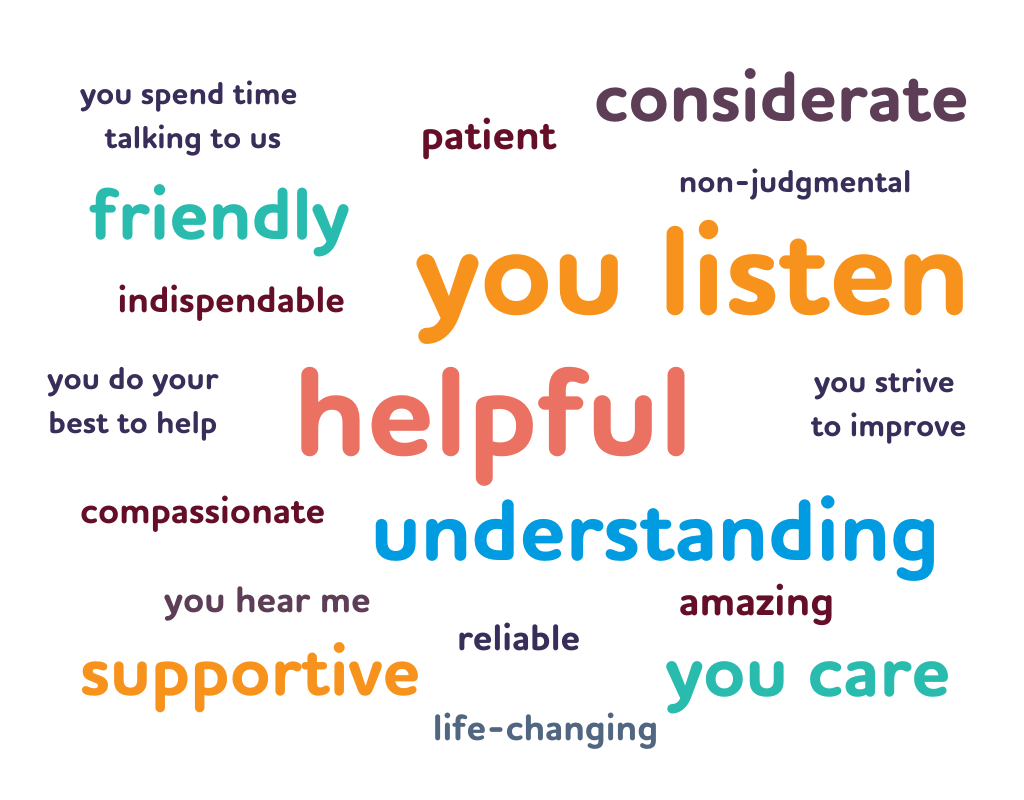
Delivery Partners told us they feel valued by Future Pathways. The most common word Delivery Partners used to describe Future Pathways was “collaborative”. Most Delivery Partners who answered our questionnaire told us that working with Future Pathways was different to working with other services. Delivery Partners told us that our transparent feedback, open-ness to dialogue, and focus on learning and improvement made Future Pathways different.
What did people learn and gain?
Most people who gave us feedback after reviewing or ending their support told us they knew what changes they want to make in their life.
Most people told us they knew more about their strengths and what they can do.
Most people also felt they had opportunities to influence how Future Pathways develops.
Most Delivery Partners who responded to our questionnaire shared they had learned more about the people we support through our work together.
What did people do differently?
Everyone who gave us feedback after reviewing or ending their support felt able to access support that is right for them. Most people also agreed that they have taken steps towards their goals.
Most Delivery Partners told us that they had made changes to how they work with people because of what they have learned through working with Future Pathways.
What difference did we make?
Most people who gave us feedback after reviewing or ending their support felt more independent. Most people strongly agreed that they now feel more hopeful about the future. Some people told us that their life was better overall.

Our Registration Line will close on Thursday 21 December at 4pm. It will open again on Friday 5 January at 10am.
These are only the dates when Future Pathways will be closed over the Winter period.
Other services may close and re-open on different dates.
Winter can be a difficult time. If you are finding things hard, you can contact one of the following services:
The Samaritans
The Samaritans offer a safe place for you to talk any time you like. You can talk in your own way about whatever is going on. They have a helpline, email service, letter service and a self-help app.
Helpline open 24 hours a day, 365 days a year.
Phone for free on 116123 www.samaritans.org
Breathing Space
Breathing Space is a free and confidential phone service for anyone in Scotland over the age of 16 who is feeling low, depressed or anxious.
Open 6pm to 2am Monday to Thursday, and 6pm to 6am Friday to Sunday.
Phone for free on 0800 83 85 87 www.breathingspace.scot
Shout
Shout is a free, confidential, text messaging support service for anyone who is finding it difficult to cope.
Text SHOUT to 85258 giveusashout.org
In September 2023, Future Pathways started using new ways of gathering feedback about people’s experience with the service.
Sharing your feedback with us means we can keep improving Future Pathways and get better at helping the people we support. And that is something that is very important to us.
Since September, 7 people have given us feedback. Most of this has come through the new form on our website. Here are some of the things we learned.
Most people said that their experience with Future Pathways had been mostly positive.
People described Future Pathways as:
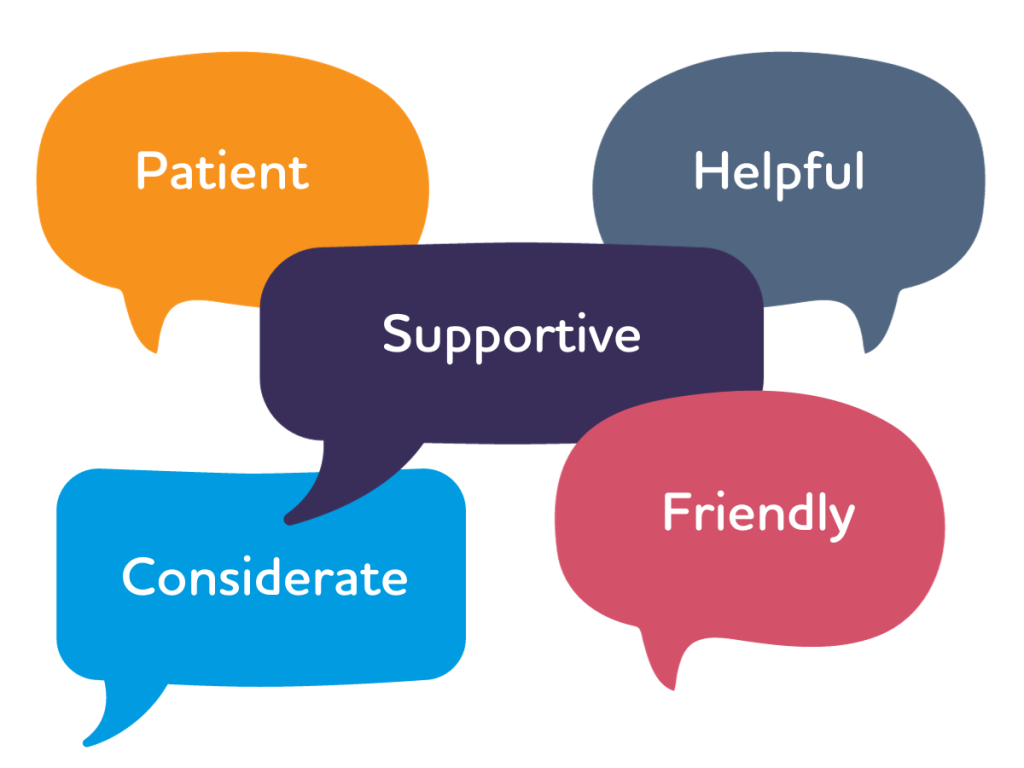
People said that they feel we listen to them, do our best and work hard to improve. People also said that they liked having access to different types of support.
People told us about changes in their lives that we helped them to make. Two people said that we helped them to reconnect with family members. One person told us that our support helped them survive a difficult time. Another said that Future Pathways helped them get out and about. Another is writing a book with our help.
People suggested ways that we could improve, such as:
• working with local employment services to help people with mental health challenges find work
• making our waiting list better
• reaching out to more people who could benefit from the service.
You can give us feedback at any time through our feedback page on our website.
If you would like to get a copy of the feedback form by post instead, you can let us know by:
• emailing engagement@future-pathways.co.uk
• writing to us at Future Pathways, 40 Shandwick Place, Edinburgh, EH2 4RT
• speaking to your Support Coordinator
• calling our Registration Line on 0808 164 2005
We want to hear your feedback about what we do well and how we should improve.
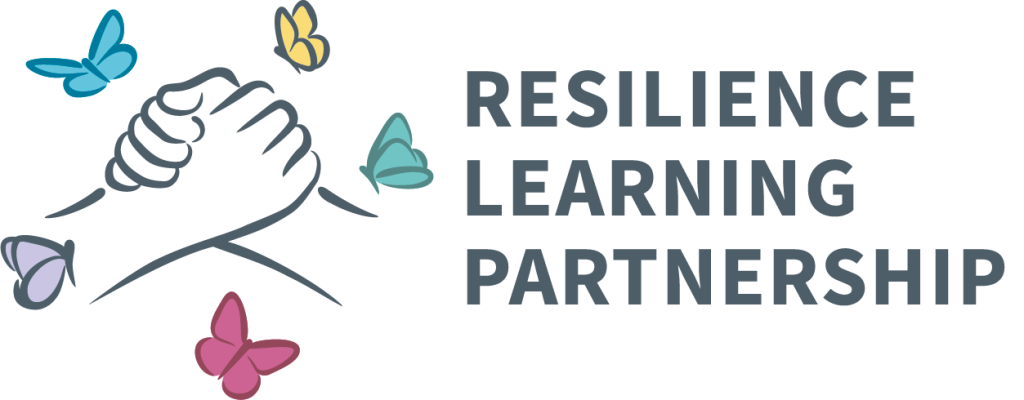
We are delighted to share a new resource from one of our learning partners, the Resilience Learning Partnership (RLP). Together with partners from the National Trauma Transformation Programme, they have created a Roadmap for Creating Trauma-Informed and Responsive Change.
The National Trauma Transformation Programme comprises Resilience Learning Partnership, Scottish Government, COSLA, NHS Education for Scotland and the Improvement Service.
RLP supports the National Trauma Transformation Programme with the development of the mechanisms that help facilitate people with lived experience of trauma being meaningfully involved in the design and delivery (where possible) of services.
View the new publication here – Roadmap for Creating Trauma-Informed and Responsive Change: Guidance for Organisations, Systems and Workforces in Scotland.
This resource is designed to be used flexibly and independently by services and organisations across all sectors of the workforce in Scotland, to help identify and reflect on progress, strengths, and opportunities for embedding a trauma-informed and responsive approach across policy and practice.
The roadmap draws on what people with lived experience of trauma have said would help improve access to support, reduce re-traumatisation, recognise resilience and support recovery, and has input from leaders across services/ organisations have said support them to implement a trauma-informed and responsive approach.
